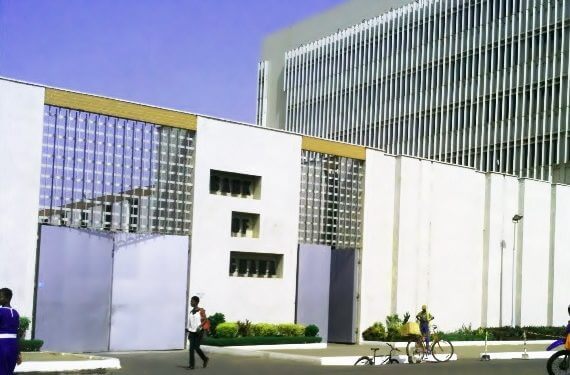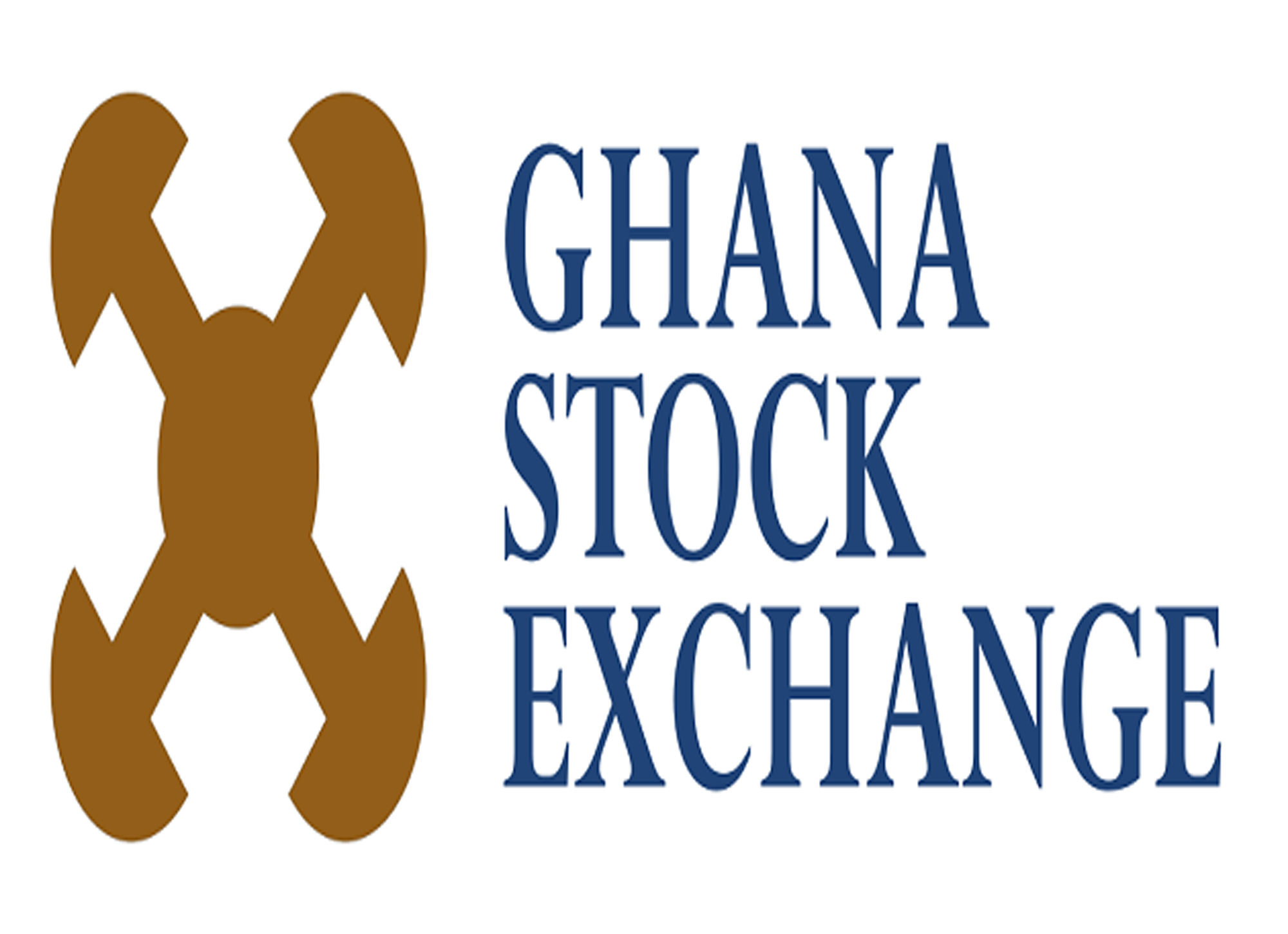Since the Bank of Ghana (BoG) directed the banks and the specialized deposit-taking institution (SDIs) to suspend dividend payments, a number of experts have come hard on the BoG with some saying that the decision will discourage people from investing in the stock market
However, an Investment Analyst, Mr. Yaw Antwi, says the BoG directive will rather put the banks and the SDIs in a much better position to protect the investments of shareholders in these times of Covid-19 where almost every sector of the economy is suffering.
He explained that the idea behind the BoG directive is to ensure that there is enough money in the hands of the financial institutions to help lessen the impact of the pandemic on the sector.
Mr. Antwi therefore described the suspension of dividend payments as a “good call” which ought to be supported by all players in the financial sector.
“I think the Bank of Ghana wants to keep an eye and make sure that enough cash is retained within the banking system to be able to deal with stress or unexpected shocks that may arise out of the Covid-19 pandemic”, he stated.
“If nobody is working for the next six months, people will just go to the banks to collect their monies and what do you think would happen if the banks are not liquid and well resourced enough, and yet dividends have been paid? So I think the Bank of Ghana directive should be supported”, added. It should also be noted that the UK financial regulator has taken a similar action.
BoG directive– Suspend Dividend Payments
It will be recalled that the Bank of Ghana on March 21 this year, directed banks and SDIs to desist from declaring or paying dividends and from making other distributions to shareholders for the 2019 and 2020 financial years.
In a statement, the central bank said that “the Bank of Ghana now directs that all banks and SDIs desist from declaring or paying any dividends or distributing reserves to shareholders, and from making any irrevocable commitments regarding the declaration or payment of dividends to shareholders, until further notice”.
It added that “for the avoidance of doubt, shareholders in this context means holders of Common Equity Shares (CET1) and Additional Tier I (AT1) capital instruments of banks and SDIs.”
However, the Bank of Ghana says that it will only grant exceptions to banks and SDIs only when it is satisfied that such institutions have met the regular prudential requirements and are not relying on the additional liquidity released by the regulatory reliefs provided by the central bank.
The Bank of Ghana has also indicated that it will continue to monitor the developing impact of the coronavirus pandemic on banks and SDIs and on their customers and that further directives would be issued as and when necessary.
The statement further explained that the directive is meant “to absorb any potential operational losses for banks and SDIs from the COVID-19 pandemic”.
Concerns raised on suspension of dividend payments
However, the Chief Executive Officer of Sambed Consult, Mr Sam Bediako-Asante, is of the opinion that the BoG directive will prevent the general populace from subscribing to investment products or offers from the banks and the SDIs.
He argued that majority of the people who invest with the financial institutions are pensioners who have invested their hard-earned monies in the companies through the Ghana Stock Exchange.
Consequently, Mr Bediako-Mensah called on the BoG to withdraw the directive, arguing further that the instructions will have a serious effect on the Ghana Stock Exchange (GSE) and investors.
“The Ghana Stock Exchange (GSE) will also see its trading activities going down since the most vibrant and active listed companies on the exchange are the banks. This situation can even lead to the pulling out of most players on the exchange,” he stated.
Stock performance will rather discourage investors
But reacting to this sentiment in an interview with the Ghana Talks Business on Monday, May 18, 2020, Mr Antwi says those claims were overly generalized.
What normally puts people off from venturing into investments in shares, he said, is rather the performance of the stock market itself. Not necessarily the payment or non-payment of dividends within a particular period.
He argued that the stock market in the country has been performing poorly over the past years, maintaining that the latest composite index shows that the stock market had declined by -12.1 percent as of now.
“It was only 2017 and part of 2018 that the stock market did well, but from part of 2018, 2019, 2020, the stock market generally has not been doing very well”.
Shares may yield dividend or otherwise
In any case, he said, anyone who invest in shares is aware that it is a risky business which may yield dividends or otherwise. “Anybody who goes to invest in shares knows that it is relatively higher risk in nature and it can also give you higher returns,” he added.
Also, on the assertions that the suspension of dividend payment will impact on the investment of pensioners, Mr Antwi said that, they would be affected in that an expected income is lost but SSNIT invests in over 25 stocks and if the other non-bank stocks are performing, they should receive dividends from them. For example, SSNIT, which is the trustee of 1st tier pensions funds in Ghana, recently received nearly GH₵10 million from MTN Ghana as dividends. He indicated that the private pension funds may not be hit that much as most of them are not keeping anything more than 5 percent of the funds in the Ghana Stock Market. Therefore the suspended banks’ dividend payment would not cause any big stir. ‘In any case if those banks are doing well and their share prices have appreciated, investors can sell off and make their margins in capital gains if the trustees of the fund are hell-bent on taking cash from the stock exchange’, he said.
This, he said, should be enough to cushion pensioners should the need arises.
By Salifu B.B. Moro











